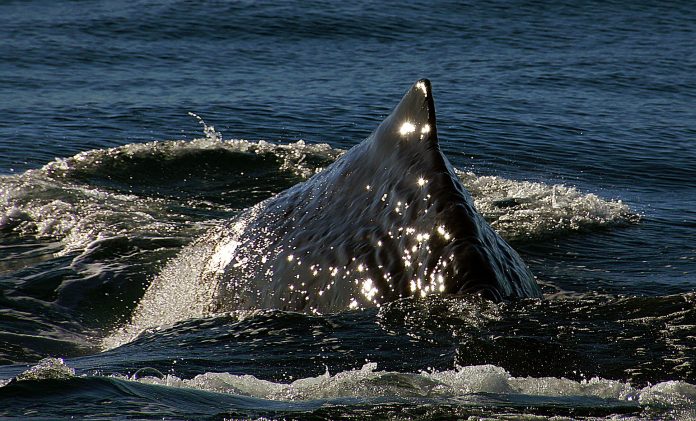Japan has announced controversial plans to resume commercial whaling. The country’s fleet is slated to start commercial operations in July 2019.
The decision to defy a 1986 ban was announced by the government’s chief spokesman, Yoshihide Suga.
As reported by the Guardian, Suga told reporters the country’s fleet would confine its hunts to Japanese territorial waters and exclusive economic zone, adding that its controversial annual expeditions to the Southern Ocean – a major source of diplomatic friction between Tokyo and Canberra – would end.
He said Japan would officially inform the International Whaling Commission of its decision by the end of the year, which will mean the withdrawal comes into effect by 30 June.
Its decision prompted criticism from other nations, like Australia and the UK, as well as conservationists. Greenpeace, for instance, disputed Japan’s view that whale stocks have recovered, noting also that ocean life is being threatened by pollution as well as overfishing.
“The declaration today is out of step with the international community, let alone the protection needed to safeguard the future of our oceans and these majestic creatures,” Sam Annesley, executive director at Greenpeace Japan, said in a statement.
“The government of Japan must urgently act to conserve marine ecosystems, rather than resume commercial whaling.”
In related news, Deutsche Welle (DW), Germany’s international broadcaster, noted that Japan – with its IWC exit, will join Iceland and Norway in openly defying the organisation’s ban on commercial whale hunting.
Meanwhile, the Japan Whaling Association has noted that the practice of whaling in Japan is said to date back to the 12th century, when fishermen began hunting the sea creatures with harpoons.
In the 1950s, the practice reached its peak amid growing demand for whale meat as a key source of protein in the years following World War II, when the nation was poor and recovering from the devastation.

